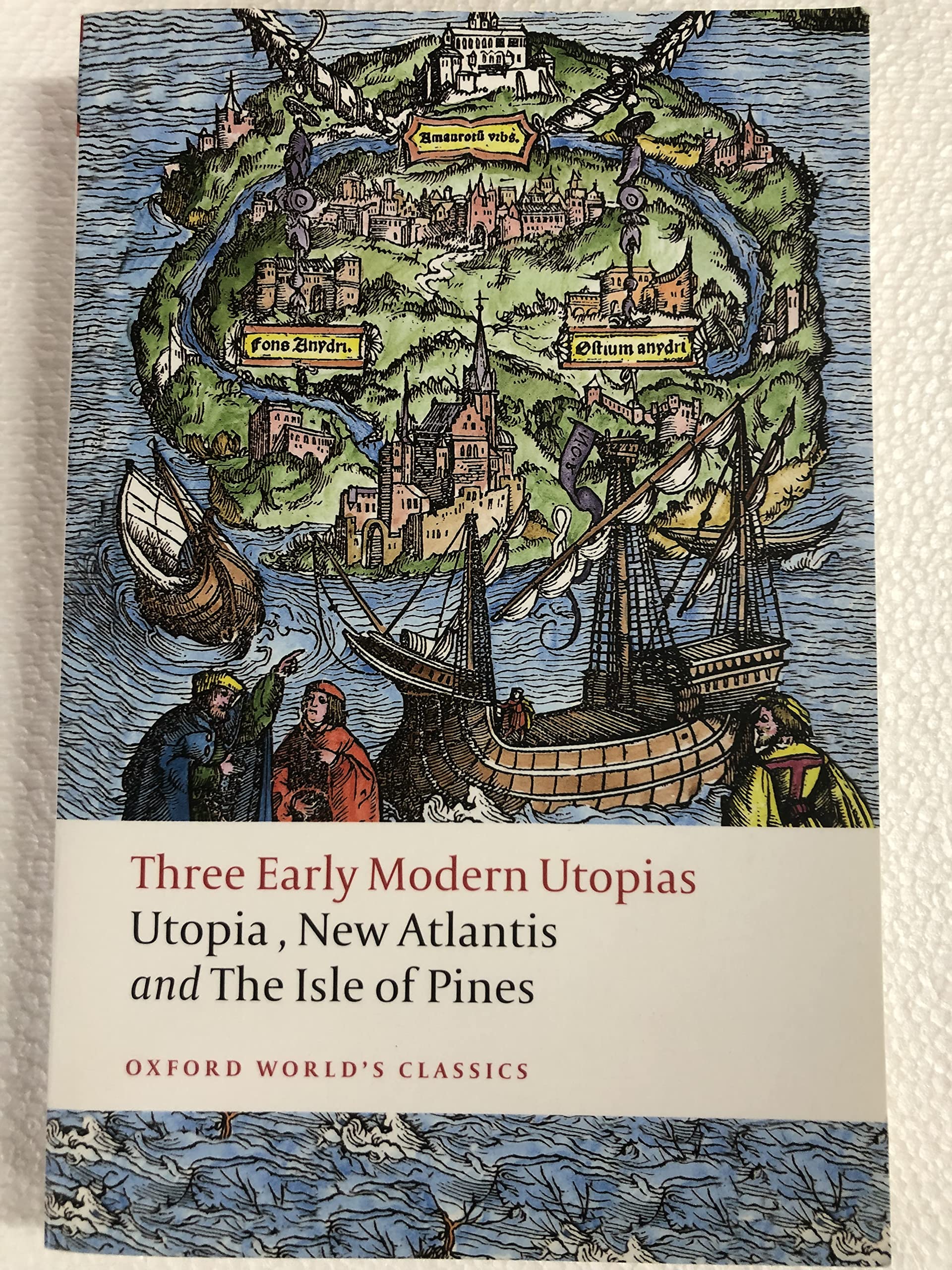Customer Services
Copyright © 2025 Desertcart Holdings Limited


Three Early Modern Utopias: Thomas More: Utopia / Francis Bacon: New Atlantis / Henry Neville: The Isle of Pines (Oxford World's Classics)


Trustpilot
1 month ago
1 week ago
1 day ago
3 days ago